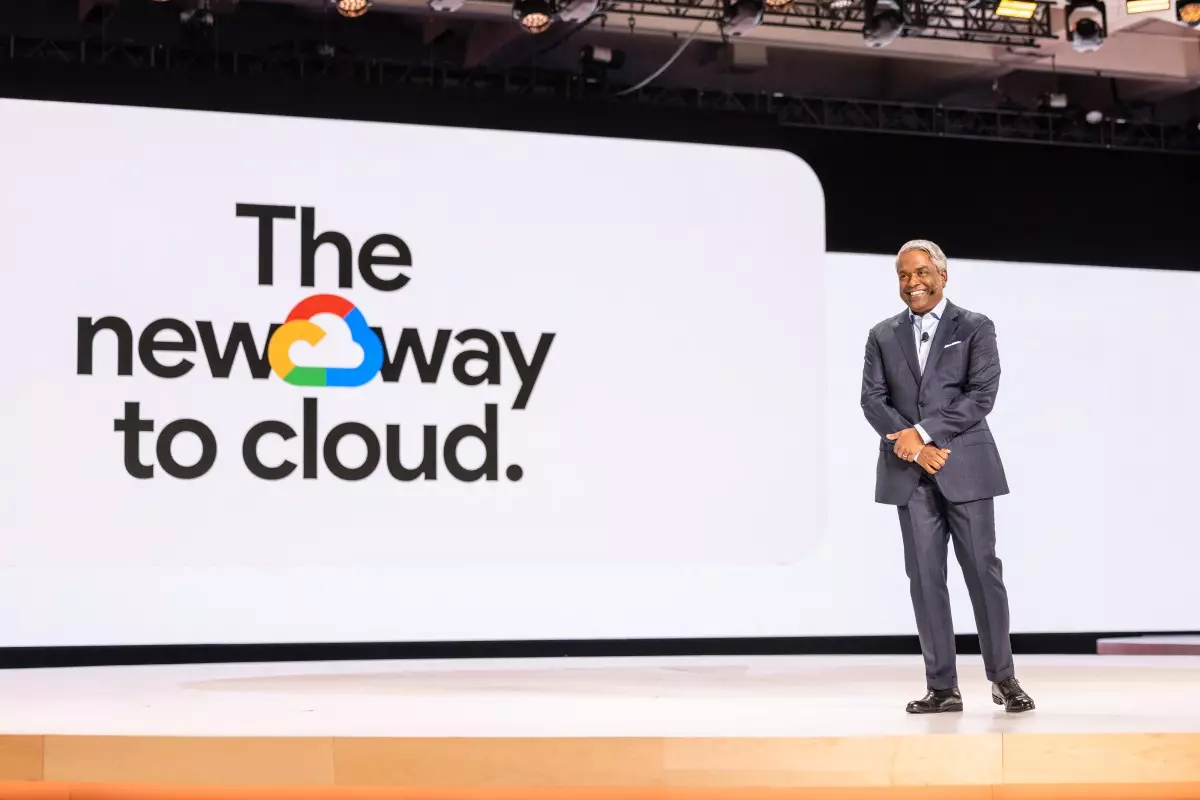This week, Las Vegas transformed into a hotbed of technological advancement as Google hosted its much-anticipated Google Cloud Next conference. With presentations that left attendees buzzing, this event wasn’t just business as usual; it was a moment of revelation. The tech giant unveiled its next-generation AI processing chip, dubbed Ironwood, alongside its innovative AI model, Gemini 2.5 Flash. The messages were clear — Google seeks to assert itself not merely as a participant in AI but as a leader that is actively defining the industry’s trajectory.
The AI Ecosystem: A New Wave of Startups
Among the more electrifying announcements was a list of exciting AI startups that have opted for Google Cloud as their operational backbone. This diverse collection of startups included heavy-hitters like Safe Superintelligence, co-founded by Ilya Sutskever, a figure who needs no introduction in the domain of artificial intelligence. His involvement signals to the industry and investors alike that these startups are built on solid foundations, aiming for substantial impact.
Anysphere, creator of the cutting-edge AI-powered code editor called Cursor, made waves too, achieving a hefty valuation of around $10 billion, according to sources from TechCrunch. The idea of competing with giants like GitHub Copilot highlights how fiercely competitive the landscape has become — a stage set for titans.
Legal Industry Transformation
Meanwhile, Hebbia has emerged as a breakthrough tool within the legal sector, utilizing AI to navigate large documents and provide answers, illustrating how technology can genuinely enhance traditional fields. This product did not go unnoticed; it recently secured a whopping $130 million in Series B funding, led by Andreessen Horowitz, with notable names like Index Ventures and Google Ventures joining the journey. The integration with Google’s Gemini models hints at a clear path toward streamlined legal processes, elevating both efficiency and accuracy.
Automation and the Future of Coding
Magic is another startup that promises to revolutionize coding and research automation. Their engagement with Google Cloud, particularly as they attempt to unleash frontier models in this regard, seems to communicate a vision that combines both vast potential and significant corporate backing — most notably from Alphabet’s CapitalG and ex-Google CEO Eric Schmidt. In a world increasingly reliant on speed and accuracy in software development, Magic’s intersection with cloud technology could provide a competitive edge that is hard to overlook.
Revolutionizing Robotics and Creative Tools
Physical Intelligence is making headlines by laying the groundwork for advanced robotics software, boasting a constellation of high-profile backers including Sequoia and Jeff Bezos. Its pre-money valuation of $2 billion caught attention, but what’s truly fascinating is the caliber of its team, notably those with roots in Google DeepMind. This alignment underlines the point that the success of AI and robotics doesn’t merely arrive from technology alone, but from the minds that engineer it.
In the creative sector, Photoroom stands out for its AI-driven photo editing capabilities, utilizing Google Cloud’s Veo 2 and Imagen 3 models. As AI continues reshaping artistic tools, Photoroom’s forward momentum signifies a burgeoning industry where creativity meets technology. Similarly, Synthesia is breaking boundaries with realistic AI avatars, reinforcing how AI is not a vague concept but a tangible product shaping the media landscape.
A Strategic Move Against Competitors
The strategic maneuvers at Google Cloud Next suggest that Google is not willing to rest on its laurels, especially in the midst of escalating competition with Microsoft Azure and AWS. Google further reinforced its network by onboarding Lightspeed Capital alongside other VCs like Sequoia and Y Combinator. This expanding partnership signifies Google Cloud’s commitment to empowering startups with resources, including access to coveted AI chips and models, setting it up as a prominent ally for innovators.
With grant programs offering up to $150,000 in cloud credits to selected partners, Google is not only attracting top talent but is positioning itself as the go-to platform for revolutionary ideas and transformative technologies.
As we move forward in this rapidly evolving tech landscape, one thing is abundantly clear: Google Cloud is laying a formidable foundation for a future driven by ingenuity, ambition, and, most critically, artificial intelligence. The conference may have just been a single event, but its implications will resonate long into the future of technology and industry collaboration.

